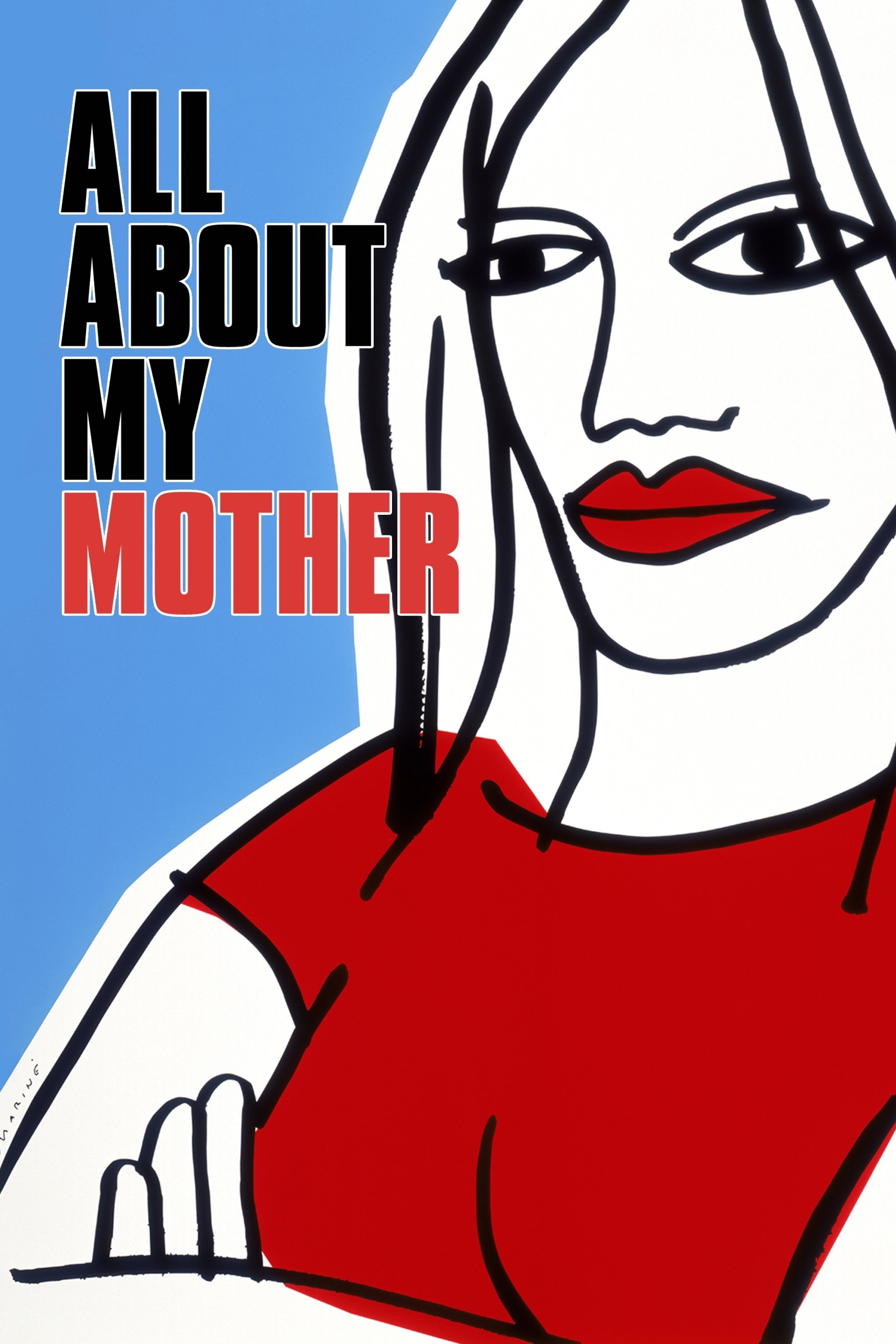All About My Mother: A Deeper Dive into Almodóvar's Masterpiece
Pedro Almodóvar's All About My Mother (1999) isn't just a film; it's a vibrant tapestry woven from grief, resilience, and the unwavering strength of the human spirit. While superficially a melodrama, it transcends genre conventions, offering a complex exploration of motherhood, identity, and the transformative power of love – all set against the dazzling backdrop of Madrid. This isn't your typical review; we'll delve deeper into the film's nuances, exploring themes often overlooked in casual discussions.
Beyond the Surface: A Mother's Journey Through Grief and Reinvention
The narrative follows Manuela, a nurse whose life is irrevocably altered by the sudden death of her teenage son, Esteban. Instead of succumbing to despair, Manuela embarks on a journey of self-discovery, a pilgrimage driven by both grief and a desperate need to reconnect with Esteban's father, a trans woman named Lola. This isn't simply a mother's search for closure; it's a profound exploration of the fluidity of identity and the multifaceted nature of family.
What makes All About My Mother so captivating isn't just the central narrative, but its masterful handling of multiple interwoven stories. Each character grapples with their own struggles – from the aging actress Huma Rojo, battling fading fame and a secret past, to the nun Sister Rosa, grappling with her unexpected pregnancy. These seemingly disparate lives intertwine organically, highlighting the interconnectedness of human experience and the surprising ways in which we find solace and connection in the most unexpected places.
A Celebration of Female Strength and Resilience
Almodóvar's lens consistently celebrates the strength and resilience of women. Manuela, Huma, Lola, and even Sister Rosa – each woman navigates life's complexities with remarkable fortitude, defying societal expectations and embracing their own unique paths. Their struggles aren't presented as melodramatic clichés; instead, they are portrayed with a nuanced understanding of human vulnerability and the power of female solidarity. The film's ensemble cast, filled with strong female characters, feels authentic and avoids the trope of women solely defined by their relationships with men.
More Than Just a Melodrama: A Reflection on Identity and Mortality
The film's vibrant visuals and melodramatic flair shouldn't distract from its thoughtful exploration of mortality and identity. The shadow of death hangs over the narrative, yet it doesn't paralyze the characters; instead, it propels them towards self-acceptance and a renewed appreciation for life. Esteban's death serves as a catalyst for both Manuela's journey and the development of other characters, highlighting the enduring impact of loss and the search for meaning in the face of impermanence. The film's use of flashbacks, dreams, and theatrical elements further contributes to this exploration of memory, identity, and the construction of narratives.
A Cinematic Masterpiece:
All About My Mother isn't just a film to be watched; it's an experience to be savored. Almodóvar's masterful direction, the stunning cinematography, the unforgettable soundtrack, and the stellar performances all combine to create a cinematic triumph. It's a film that stays with you long after the credits roll, prompting reflection on themes of motherhood, grief, identity, and the enduring power of human connection. This is a film that deserves not just a watch, but a thorough unpacking of its layers of meaning. Go beyond the surface and experience the beauty and complexity of All About My Mother.


